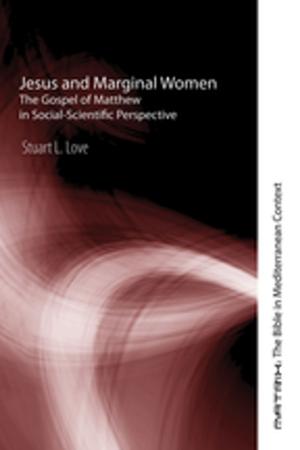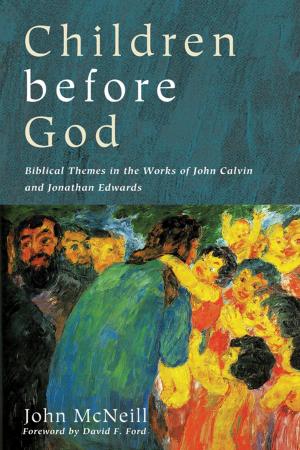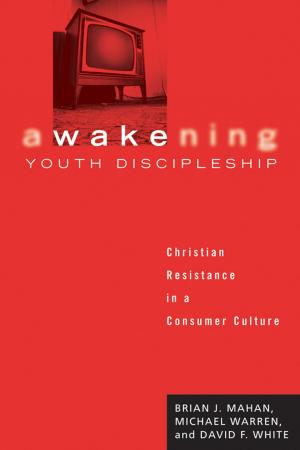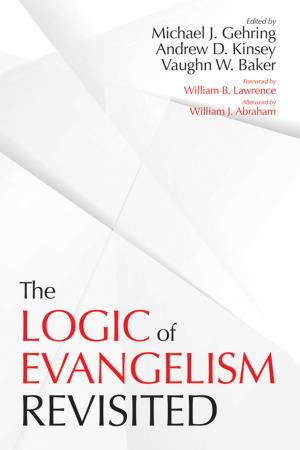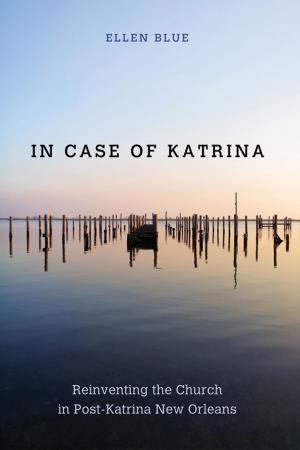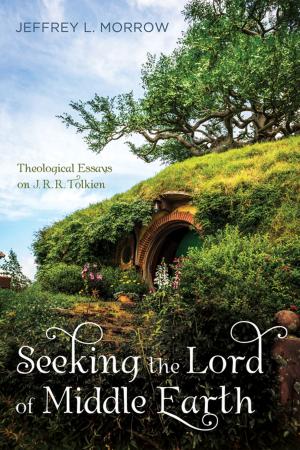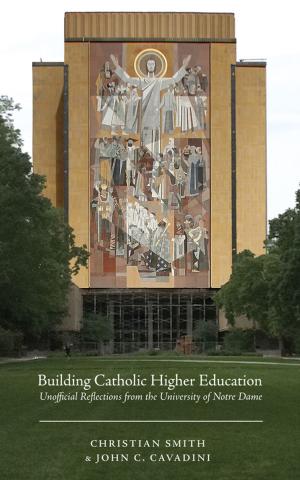The Power of the West in the Economy of Grace
Reclaiming a Prophetic Stewardship with an Ecosophic Worldview
Nonfiction, Religion & Spirituality| Author: | Eskil Jonsson | ISBN: | 9781621897644 |
| Publisher: | Wipf and Stock Publishers | Publication: | June 27, 2013 |
| Imprint: | Resource Publications | Language: | English |
| Author: | Eskil Jonsson |
| ISBN: | 9781621897644 |
| Publisher: | Wipf and Stock Publishers |
| Publication: | June 27, 2013 |
| Imprint: | Resource Publications |
| Language: | English |
The overall problem raised in this book is that the Western culture of modern rationality, power, and economics departs from a rather narrow, secular and ego-centric worldview. Therefore, it does not recognize the identity of traditional cultures and religions nor social, economic, or ecological justice in relation to the rest of the world. Western religion has, over history, often played a legitimating role for political power, and the expansion of institutional structures and has therefore lost much of its prophetic identity to be signs of peace, justice, and unity. The ecumenical and integrative model of stewardship as an economy of grace, with a deeper ecological philosophy, does, however, offer new visions for a multicultural and multireligious economy. This book is intended for leaders, students, and scholars interested in interdisciplinary studies of politics, religion, economics, and ecology. This will also be of interest to students and researchers in peace studies or conflict management, as well as to leaders who are engaged in the building of peace and justice.
The overall problem raised in this book is that the Western culture of modern rationality, power, and economics departs from a rather narrow, secular and ego-centric worldview. Therefore, it does not recognize the identity of traditional cultures and religions nor social, economic, or ecological justice in relation to the rest of the world. Western religion has, over history, often played a legitimating role for political power, and the expansion of institutional structures and has therefore lost much of its prophetic identity to be signs of peace, justice, and unity. The ecumenical and integrative model of stewardship as an economy of grace, with a deeper ecological philosophy, does, however, offer new visions for a multicultural and multireligious economy. This book is intended for leaders, students, and scholars interested in interdisciplinary studies of politics, religion, economics, and ecology. This will also be of interest to students and researchers in peace studies or conflict management, as well as to leaders who are engaged in the building of peace and justice.

